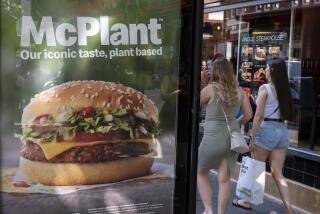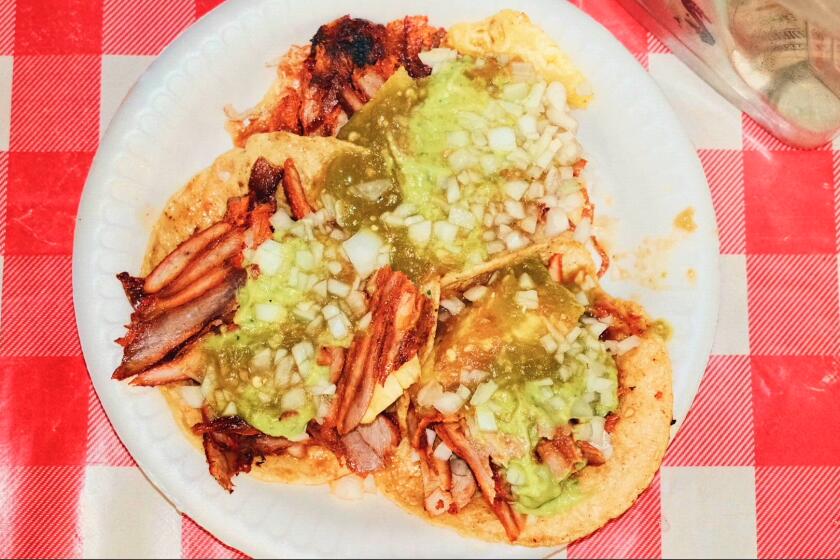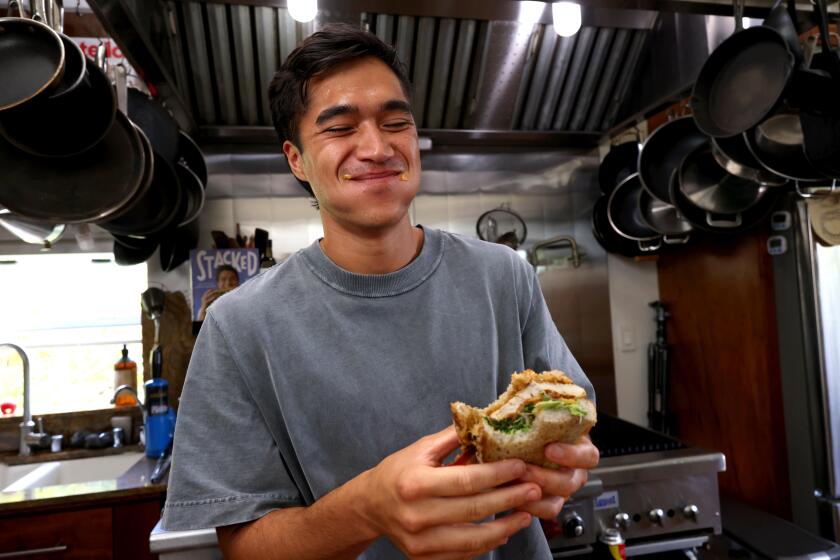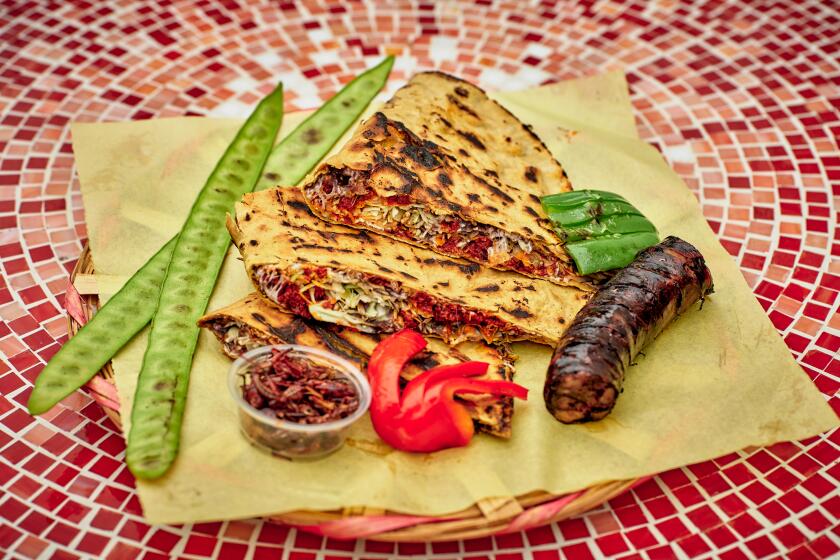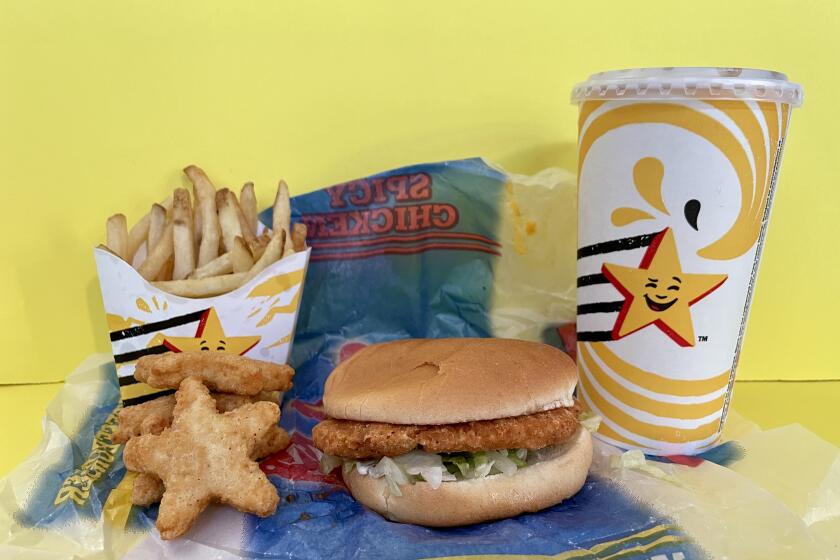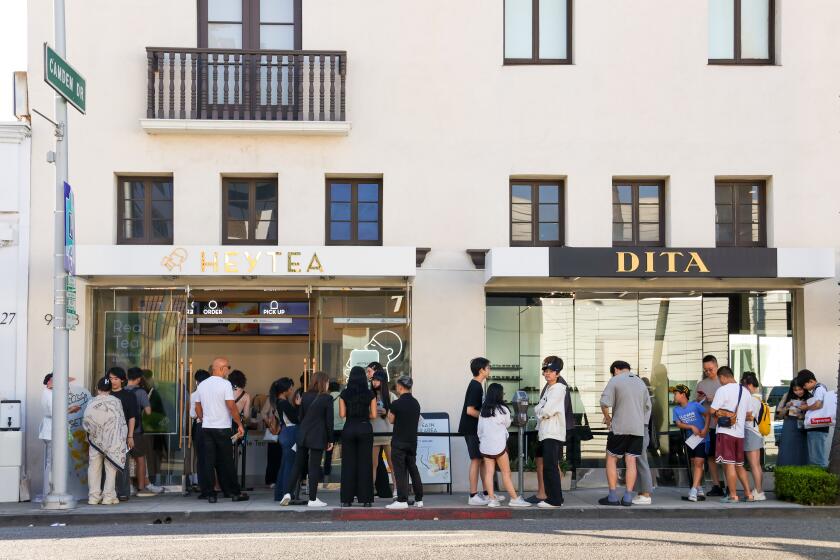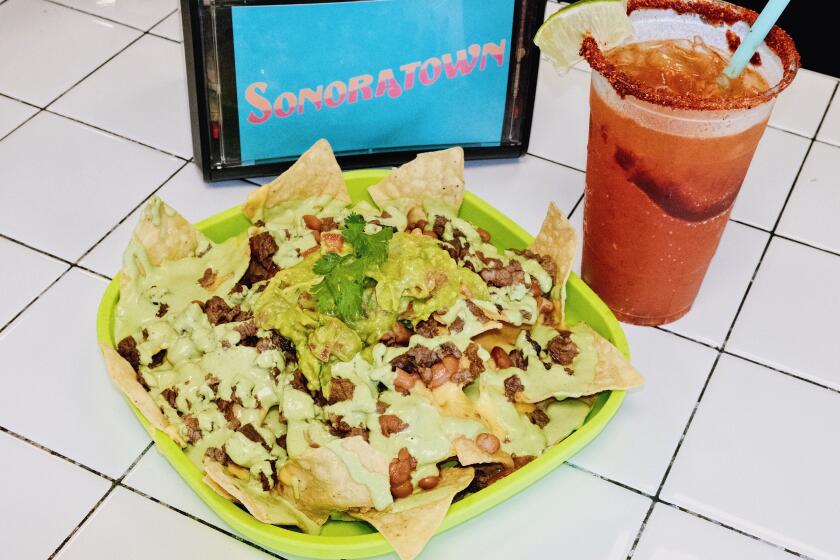Why California is the capital of fake meat

This story is part of our series on the future of cultured and plant-based meat. Read more here.
Two generations ago, California gave birth to a consumer-led food movement with a big promise: eating organic fruits and vegetables and pasture-raised meat would save us and our planet.
But that bounty proved limited, was unaffordable to many and didn’t pencil out for small farmers. As for the planet, it doesn’t appear to be healing itself.
Today, another generation of Californians is calling for a consumer-led food system change — saving the planet by dismantling industrial animal agriculture and choosing alternative proteins over conventional meat.
It’s a hard pivot toward a technology-driven, low-touch food solution divorced from soil and seasons, and a modern-day gold rush of entrepreneurs is racing to grab Silicon Valley venture financing and build a better piece of meat-like meat. What’s more, some of the state’s public universities are gearing up to be national centers for alt-protein research and training.
California cuisine may never be the same.
::
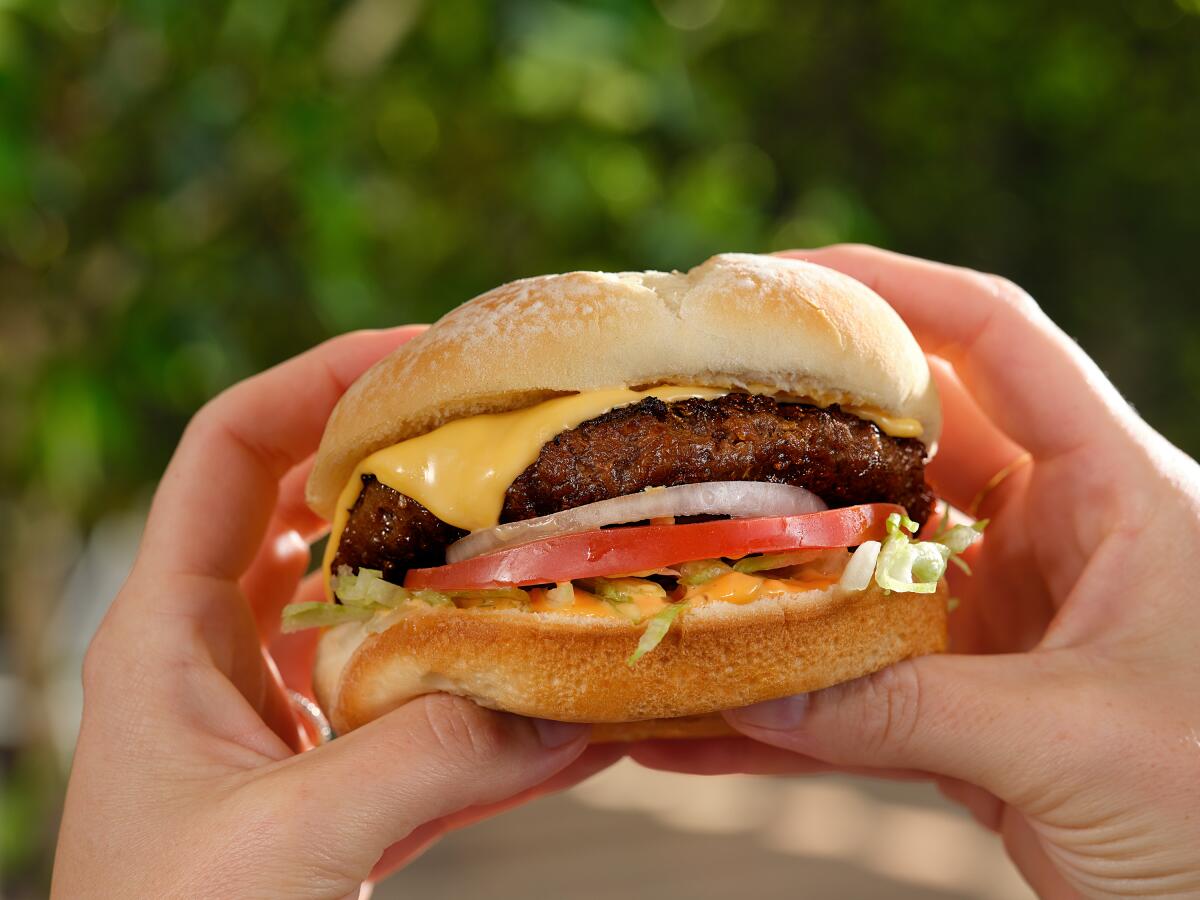
In the last few years, two California companies have dominated the headlines about alt-proteins because they figured out how to improve the rightly maligned veggie burger. Los Angeles-based Beyond Meat launched its plant-based meats in 2012; San Francisco’s Impossible Foods burger followed in 2016. When publicly traded Beyond had a market valuation of $8 billion this summer, rumors swirled that Impossible was considering a $10 billion public offering.
Both companies have moved manufacturing to less expensive Midwestern and international locations, but they’ve kept R&D and their home offices in California, helping make the state a magnet for alt-protein innovators and scientists.
The list of meat mimics — plant-based, cultured, fungi-based — is mushrooming.
California is home to the highest concentration of the 600-plus companies worldwide dedicated to producing alt-proteins (1,000 if you include companies whose product line is not limited to alt-proteins). Half of them were founded since the start of 2015, according to a Good Food Institute analysis of PitchBook, an industry data service. At least 55 plant-based and 11 cultured-meat alt-protein companies are headquartered here.
Since the start of 2015, venture funds and others have invested $9.2 billion in alt-protein startups worldwide. Roughly $2.6 billion of that has been invested in plant-based meat companies, according to GFI’s analysis.
Ross Mackay, 30, one of these entrepreneurs, moved from Scotland to Los Angeles in 2019 to launch Daring Foods. He came here to tap into California’s concentration of food tech talent, he says. “There’s also an engaged audience here for healthier food products,” he adds. Within the year, Daring’s non-GMO, soy-based chicken was in a few stores. By the end of 2021, he expects it will be in 6,000 stores.
The array of new California alt-protein companies and products can be dizzying. There’s even a company creating protein out of air — sort of. Inspired by NASA research into how to feed space crews traveling to Mars, Lisa Dyson works with a microbe that feasts on carbon dioxide and other elements in the air to produce a nutrient-rich protein powder — the basis for an alt-protein chicken tender she produced. She plans to scale up her “air farms” to produce products for her Air Protein startup in Pleasanton.
This story is part of our series on the future of cultured and plant-based meat. Read more here.
Alt-protein entrepreneurs speak about their work as a movement, not an industry.
“Meat is man’s most environmentally destructive food,” says Impossible’s vice president of product innovation, Celeste Holz-Schietinger, who believes that by 2035 the alt-protein movement will have put an end to industrial animal agriculture. “A giant industry needs to be taken down. To do that, we all need to succeed.”
::
Four years ago, when Ricardo San Martin opened the Alternative
Meats
Lab within UC Berkeley’s Sutardja Center for Entrepreneurship and Technology, he said he could see that plant-based protein technology was established enough to foster a nimble, startup culture.
One semester a year, San Martin teaches 40 students in one class. Four times during the semester, they present their projects to a panel of industry experts and venture funders. “It’s absolutely real-world,” he says. In addition, each semester he oversees 10 to 15 students doing industry-sponsored research. Some of his students have found venture support.
After graduation, many of his students have found their way to San Mateo-based Kitchen Town, a product development lab and work space that helps entrepreneurs bring food products to market. One group of his former students is developing plant-based tuna; another is working on plant-based chicken skin.
Cultured meat — think boneless chicken breasts and salmon sashimi starting as individual animal cells — has captured the imagination of bioscientists and engineers at UC Davis. But it was students who first pushed for a program to prepare them for a hot job market with an environmental mission, says David Block, a professor in viticulture and enology and chemical engineering with a background in biopharmaceuticals.
Block is the leader of the Cultivated Meat Consortium, which launched in fall 2019 with two faculty members and 16 students. By this September, the consortium had expanded to 17 faculty members from seven departments at four UC Davis colleges and 18 students. (UCLA has a nascent cultured meat lab under the direction of professor Amy Rowat, a biophysicist specializing in cell behavior.)
Launching with $4.1 million in funding from the National Science Foundation and two nonprofit cultivated meat advocacy groups, New Harvest and the Good Food Institute, Block hopes more federal funding will follow, as well as funding from the cultured meat industry.
“It is not the norm to have an industry that has developed this far ahead of academia,” says Block, noting that private financing demands secrecy to protect fast-developing intellectual property. As a result, outside scientists have been left largely in the dark. It’s a problem he hopes the UC Davis consortium will be able to correct.
Cultivating meat isn’t far afield from the well-established fermentation industry, which includes Block’s specialty, wine. “I am optimistic cultured meat is possible, but it certainly is not a sure thing,” he says.
To expedite government approval of sales of cultured meat in the U.S., many companies are constructing pilot production plants. Dr. Uma Valeti, the cardiac surgeon and regenerative medicine researcher who founded Upside Foods, plans to open his suburban San Francisco plant to the public for tours. The company says it will be operational by the end of the year and initially produce chicken tenders.
At Upside’s pilot plant, visitors will enter through the test kitchen, where they will be able to cook with cultured meat and taste chef-created dishes using it. They will be guided along a walkway lined with windows that allow them to see into the main production room where meat is being produced in bioreactors, which Valeti calls cultivators. The vibe will be something like that of a high-tech brewery.
You might assume cultured meat doesn’t involve animal products — but it’s complicated.
As Valeti walks through the construction site, he says future visitors will come to understand that the only waste from this process is treatable water. The experience is designed to drive home the stark contrast to industrial animal processing.
It wasn’t easy for Valeti to move to Berkeley from his original lab at the Mayo Clinic in Minnesota, but his Silicon Valley investors insisted. Now, he says, “We need an ecosystem that includes academia, investors from the industry, a big tent of support.”
He’s found all of that in California.
More to Read
Eat your way across L.A.
Get our weekly Tasting Notes newsletter for reviews, news and more.
You may occasionally receive promotional content from the Los Angeles Times.




